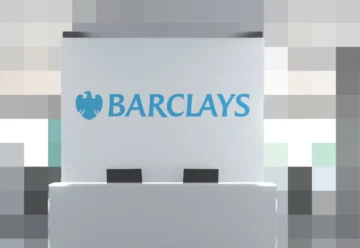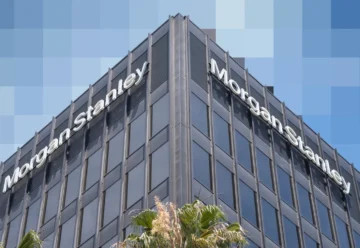Risk-Weighted Asset Securitization Advances DeFi and TradFi Integration

The adoption of decentralized finance (DeFi) into traditional financial systems could grow in the coming years thanks to the development of risk-weighted asset securitization (RWA).
According to a study by the credit rating agency S&P Global Ratings, decentralized financial protocols can integrate into traditional finance (TradFi) and attract high interest from institutional investors in the future. Risk-weighted asset securitization (RWA) opportunities through DeFi protocols help facilitate this.
The agency’s analysts revealed that some decentralized lending protocols already offered loans based on the underwriting of the borrower, i.e., based on an assessment of the customer’s solvency, without providing collateral in digital assets. However, the industry is still in its “infancy.”
Securitization of RWAs through DeFi protocols has considerable legal and operational risks. The authors of the study identified a major problem for this line of business — the risk of a mismatch between assets denominated in fiat currency and liabilities denominated in digital currency. If DeFi protocols can find a solution to match the value of RWAs in any currency, the decentralized finance sector can attract high interest from traditional financial institutions.
Despite the risks involved, DeFi protocols could bring several key benefits to securitization. Among them are:
- lower transaction costs;
- increased transparency of asset pools;
- reduced counterparty risks;
- providing faster settlement of payments for investors.
Recall that tokenized asset trading is already being actively tested through DeFi platforms. For example, Polygon-based Project Guardian was launched in Singapore, which tested the possibility of making currency and securities transactions via DeFi platforms Aave and Uniswap.











